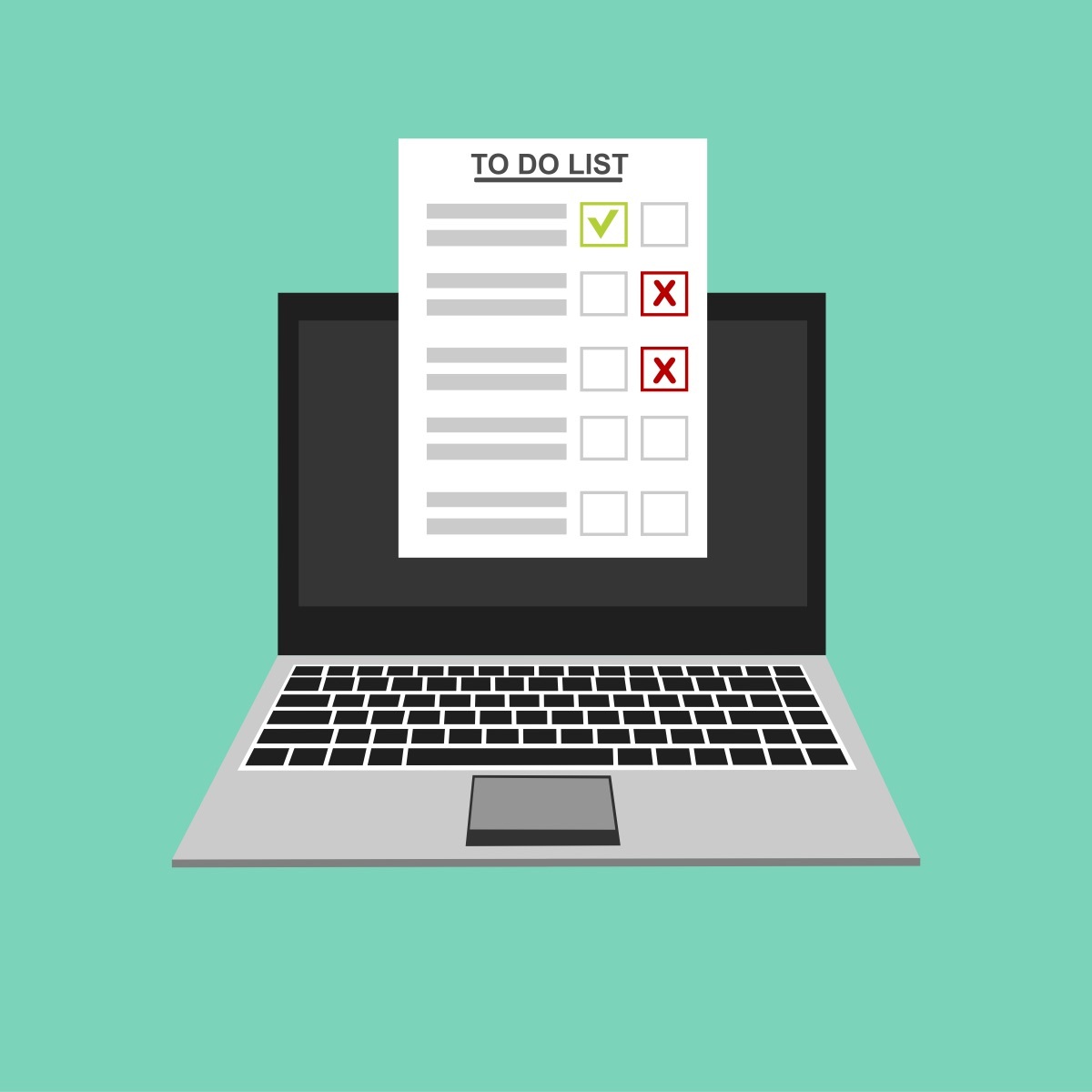
Posted on May 11, 2022
I like lists. They make me feel organized and efficient. The less I have to remember, the more brain space I have for other things. But it’s not all good, and I’ve become increasingly aware of a dark side to my To-Do list.
My list does its job of reminding me what’s yet to be done, but it doesn’t always do so in helpful ways. Too often it sends a nagging message that I haven’t done enough, no matter why. This makes it hard to feel satisfied with my efforts and causes me to wonder who – or what – is in control.
While some people are better at managing their To-Do lists, apparently my experience is not uncommon. Nearly a century ago, Russian psychologist Bluma Zeigarnik discovered that people are much more likely to remember unfinished tasks than ones they have completed. This phenomenon became known as the “Zeigarnik effect.”
Here’s how it goes. When you start working on something – even just adding it to your To-Do list – but don’t finish it, thoughts of what you haven’t yet done come readily to mind, urging you to go back and finish. Once the job is complete, you tend to forget the details. This can be helpful as motivation for finishing a task like studying for a test, but it’s definitely unhelpful when it incites rumination and negative self-talk like “I should have,” which can lead to feelings of shame and even anxiety. These negative thoughts are particularly counterproductive at bedtime, when we need to relax in both our bodies and our minds in order to sleep.
In contrast, positive thinking, which begins with positive self-talk, may have an array of physical and mental health benefits, according to a recent Mayo Clinic article. These include an increased life span, reduced risk of a number of serious diseases, better ability to deal with stress, more resistance to unhealthy behaviors, and less depression, distress and pain.
Learning all this has made me want to approach my To-Do list differently. Here are three steps I’m in the early stages of implementing:
1. Taking a more thoughtful approach to what makes it onto my list in the first place by asking questions like these: “Is this task important to do now?” and “Does it align with one of my long-term goals?” I might also ask, “Am I doing this because I need or want to, or because someone else wants me to?” Another question might be, “Am I the person who should be doing this, or should it be someone else?” (which relates to maintaining healthy boundaries).
2. Adding a Not-to-Do list, which might include time-wasters like mindless e-mail checking, energy-zappers like watching TV news instead of taking a walk, and tasks that are really someone else’s responsibility or that someone else is better able to do.
3. Creating a Ta-Da! list to celebrate my accomplishments: “Ta-Da! I did such-and-such today!” As I complete tasks on my To-Do list and avoid behaviors on my Not-to-Do list, I can move them to my Ta-Da! list, which is positive, validating and motivating instead of being negative and discouraging. The small steps I take toward my To-Dos can join this list. And even when something does not relate to an item on my To-Do list, it too can become part of this new list: having conversations with family members or good friends, preparing a healthy meal, getting exercise, or doing household chores, for example. I might even include deliberately being unproductive in order to rest and restore myself – how’s that for a Ta-Da?
Creating three lists sounds like a lot of work, I’ll admit. But for me, something had to change, and I’ve already noticed a difference in my frame of mind and my ability to relax and fall asleep at bedtime. It’s my hope that, at some point, much of this will become less effortful and more automatic. I need to remember that it took me a long time to develop an unhealthy relationship with my To-Do list, so creating these new habits of mind could take some time, too. From what I can tell so far, it will have been worth it.